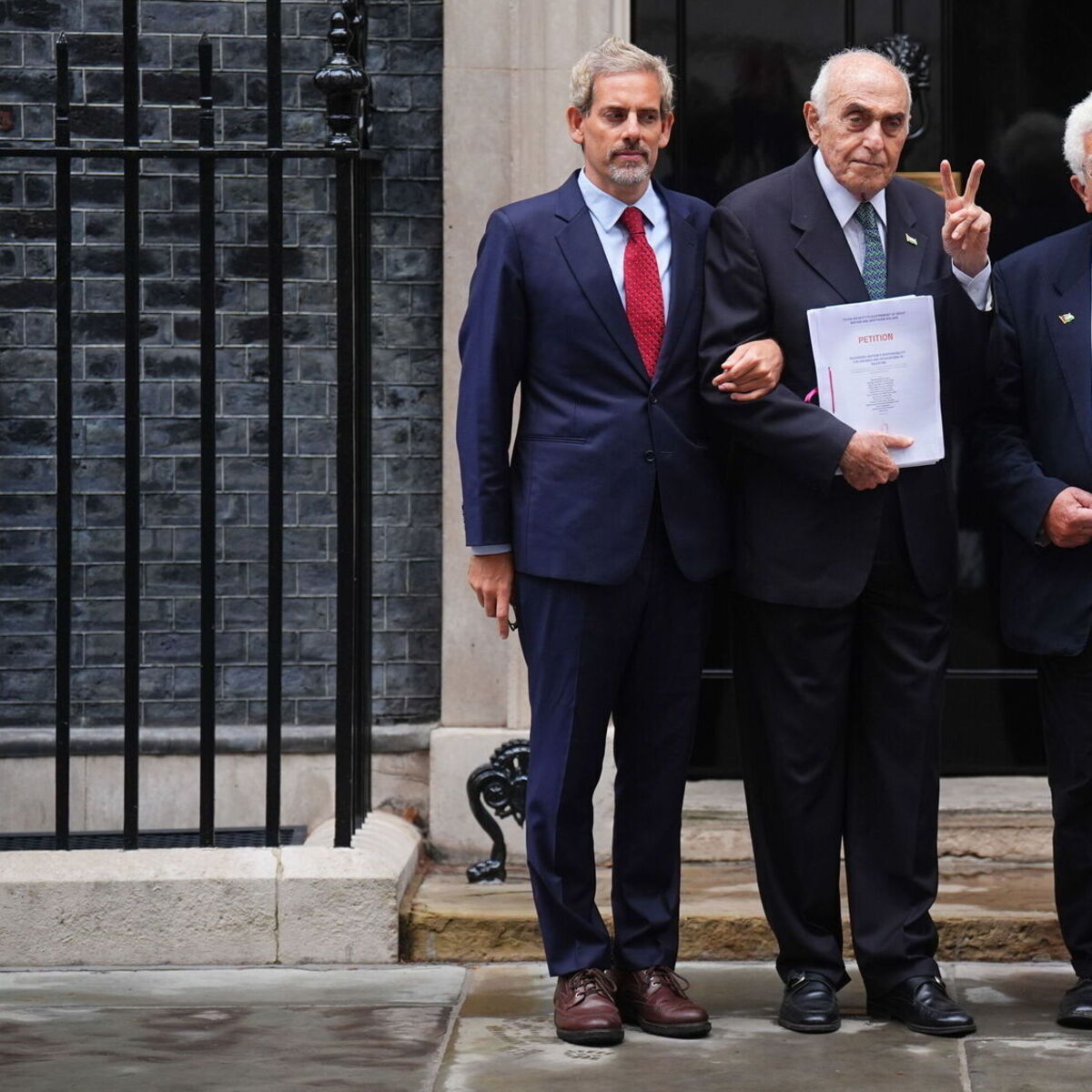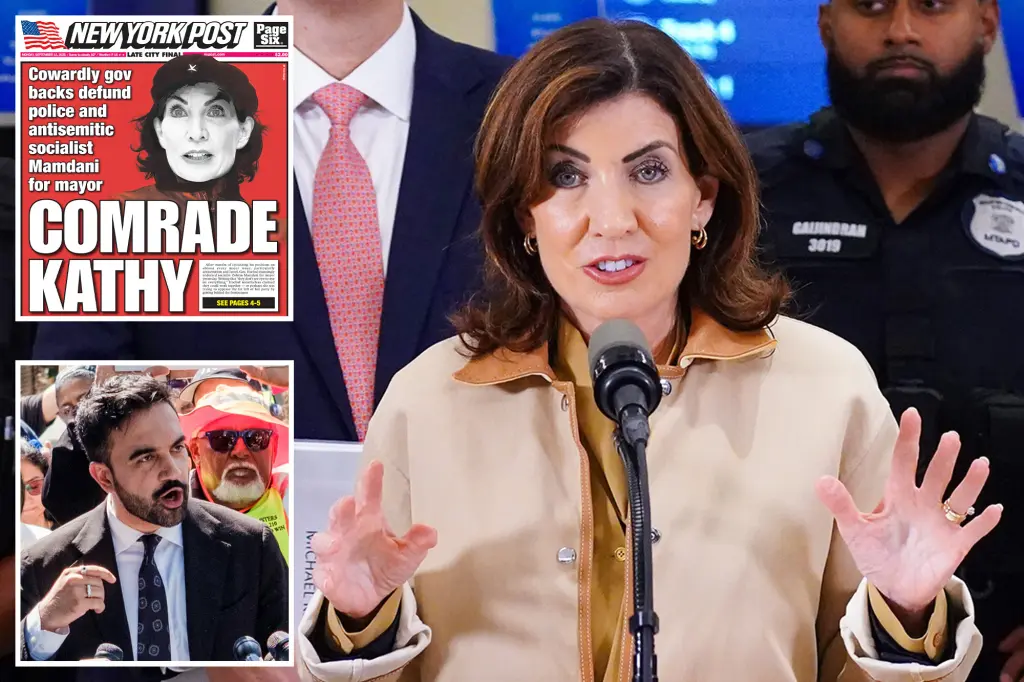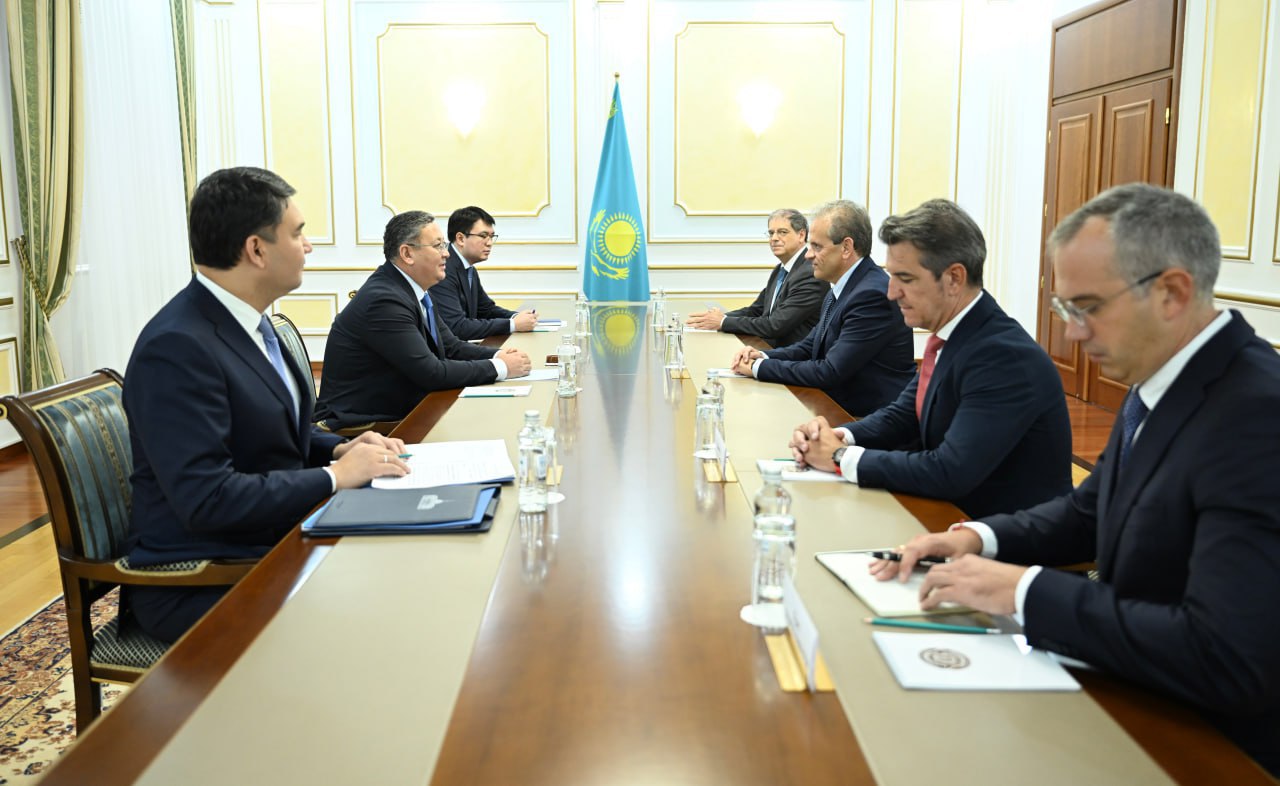By Irishexaminer.com,Rosita Sweetman
Copyright irishexaminer

Last week, an extraordinary group ‘Britain Owes Palestine’, led by 91-year-old Munib Al Masri, a Palestinian who traces his family history back 800 years, and his grandson Munib Al Masri Jr, handed a 400-page document into 10 Downing St. That document details how, as contributing historian Avi Shlaim put it: “The Israeli-Palestinian conflict was made here, in Britain.”
Palestine’s tragedy began after the First World War, when Britain took over control of the Ottoman Empire. Zionist supporter Herbert Samuel had foreign secretary Arthur Balfour’s ear (familiar to us in Ireland as ‘Bloody Balfour’), and helped author the infamous 1917 ‘Balfour Declaration’, which essentially gave Palestine to the Zionist project.
Samuel (the same man who sent 2,000 men into internment after the 1916 rising, and signed off on the hanging of Roger Casement), was then installed as High Commissioner of Palestine and, backed by Balfour, set about implementing the British government’s objective: “Create a loyal little Jewish Ulster in Palestine.”
Zionism’s founder, Theodor Herzl, made no secret of his plans: “We shall aim to expel the poor population across the border, unnoticed. The British, seeing the value in controlling a slice of the Middle East adjacent to the Suez Canal, looked the other way.
There was much propaganda.
“Palestine”, said Lloyd George, was a “malarial swamp”. Palestine was “a land without a people for a people without a land”, according to the Zionists.
When the Palestinians did not take kindly to such statements, Churchill sent over the Black and Tans. One declared, “Most of us were so infected by the sense of our own superiority over these ‘lesser breeds’ that we scarcely regarded these people as human.”
From the start, Zionists were given favourable status. Inward migration was encouraged; armed gangs were allowed seize Palestinian land; most cruelly, a countrywide census (often employing Zionists disguised as native Arabs) recorded the number of men of fighting age, the crops, the stores, the exits and entrances in every village and town.
When a Palestinian uprising began (1937) putting it down was a cake walk. The British, and their Zionist allies, knew where everyone, and everything, was.
When armed Zionists “under the indifferent gaze of British soldiers” besieged Palestinian towns and villages, driving almost a million Palestinians into stateless exile, the infamous 1947 Naqba, Alan Cunningham, born in Dublin, was in charge.
Britain’s final act partitioned Palestine — 57% to Zionists, 43% to Palestinians. The UN was then handed the mess. Within hours, the Zionists declared the State of Israel.
After Hitler’s Holocaust, many people believed Israel was designed as a haven for its victims, not realising Zionists, aided by the British, had already taken over
Palestine was not responsible for the Holocaust. Germany was. Europe was. How come Palestinians had to pay the price?
It was easier for Germany, and Europe, to offload their ‘Jewish problem’. It meant business in Europe, and America, could continue as normal. And there was no need to truly interrogate the racism that had fed the conflagration.
Nor was the military and scientific machine that made it possible, dismantled. IG Farben, the company behind Zyklon B, the gas that killed millions, was split up — but its subsidiaries went on to become some of the biggest drug and pesticide companies in the world.
After the Second World War, Israel became America’s. As one senator put it: “Israel is the equivalent of a US aircraft carrier in the Middle East. Without Israel promoting its and America’s common interests, we would be badly off indeed.”
Fast forward to today — as the world’s media convulses over the killing of a white, right-wing American, by another 22-year-old white American, Israel has been destroying what’s left of Gaza by driving starving, exhausted residents to the south of the enclave.
Stocks and shares in the West’s arms industry have gone through the roof.
Truly we face an existential crisis: war and over-consumption by a privileged few leading to planetary collapse. Or we can choose to fight for a world most of us would like to live in.
Palestine, it seems, is at the cutting edge of this crisis and symbolic of all that is wrong. A just peace in Palestine ushers in a just world. It’s what these brave petitioners are pushing for.
‘Britain Owes Palestine’ legal documents can be read here. They were drawn up by leading UK-based human rights barristers including Ben Emmerson KC and UK and US academics including Victor Kattan; and Avi Shlaim, emeritus professor of International Relations at the University of Oxford and author of Genocide in Gaza, published by Irish Pages Press.



